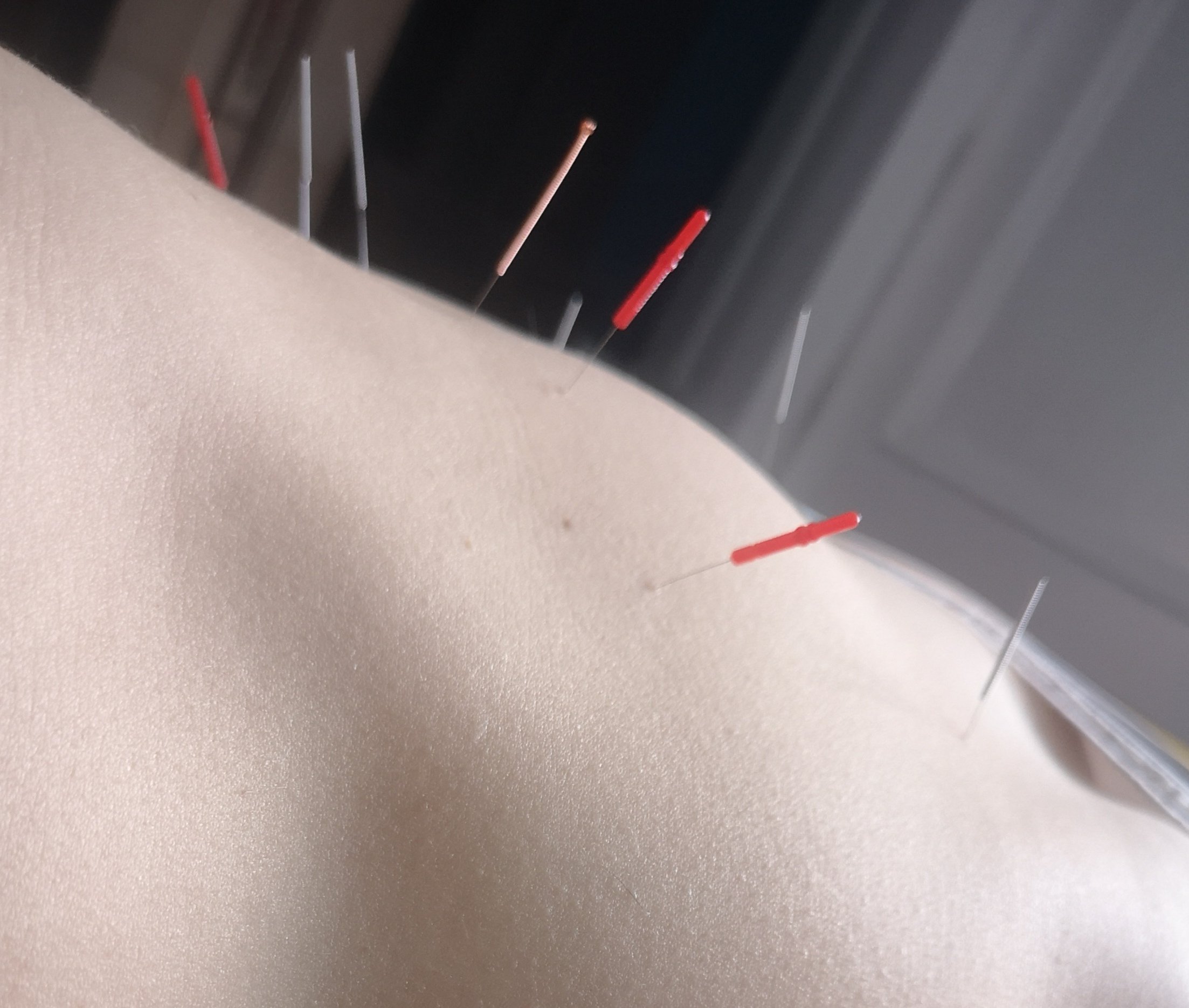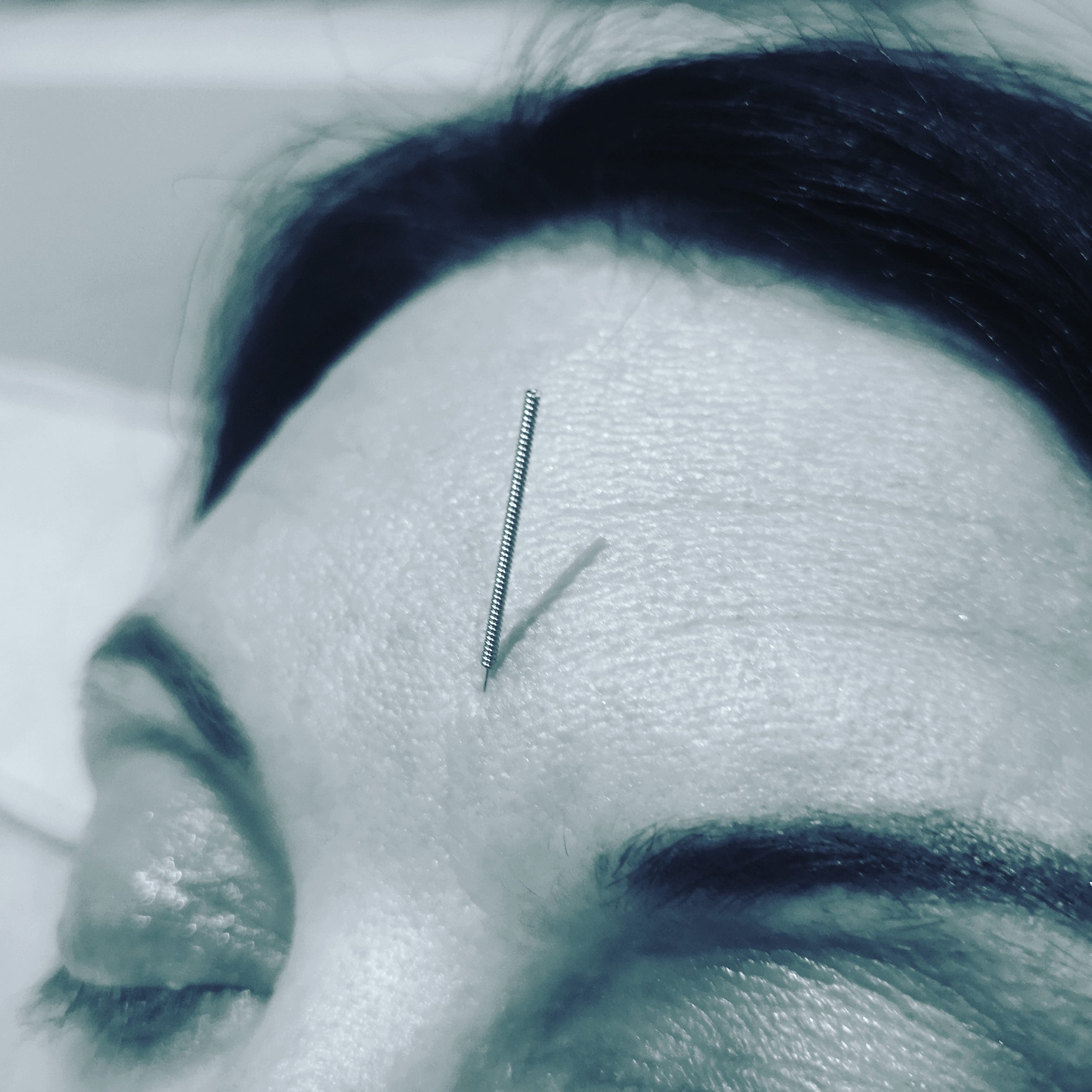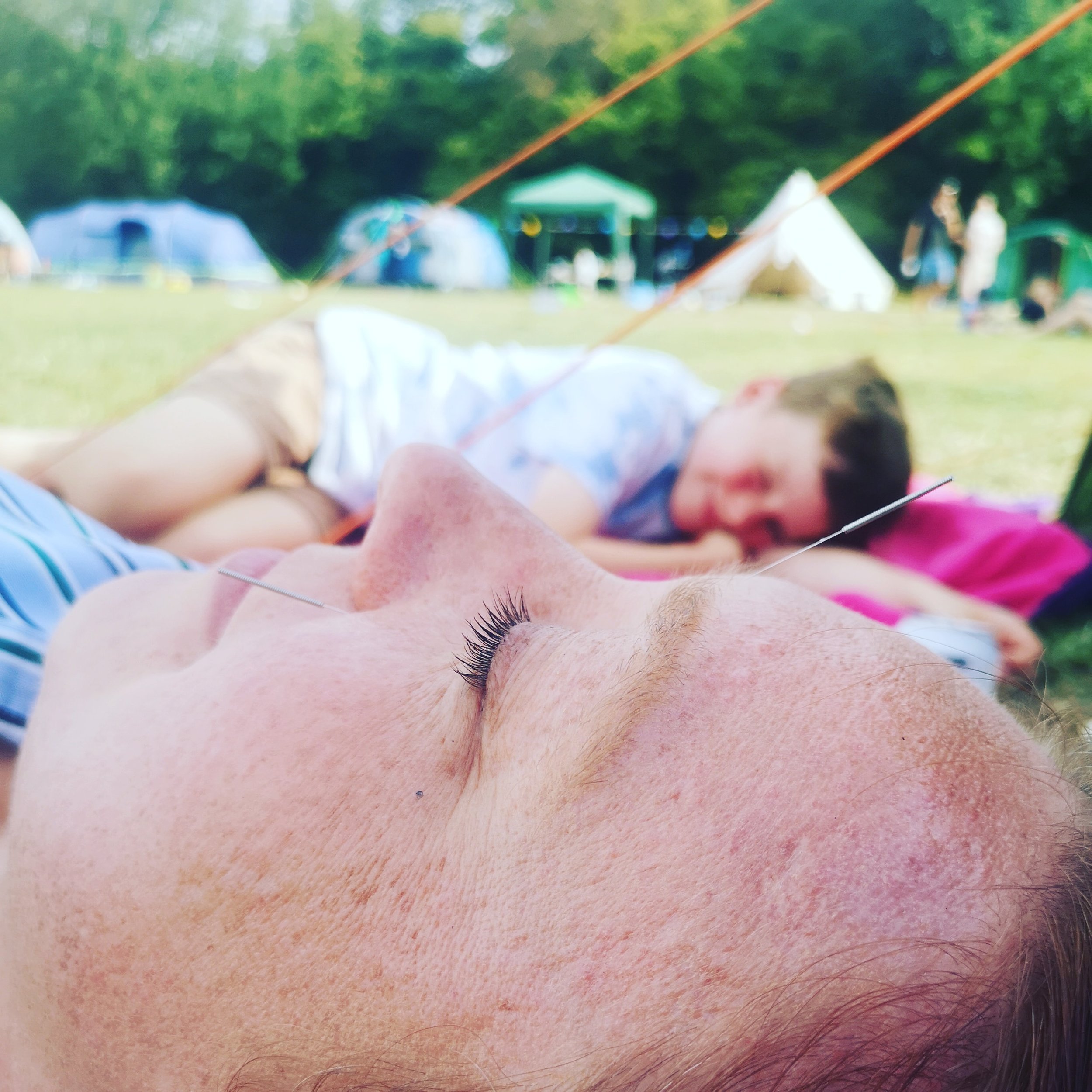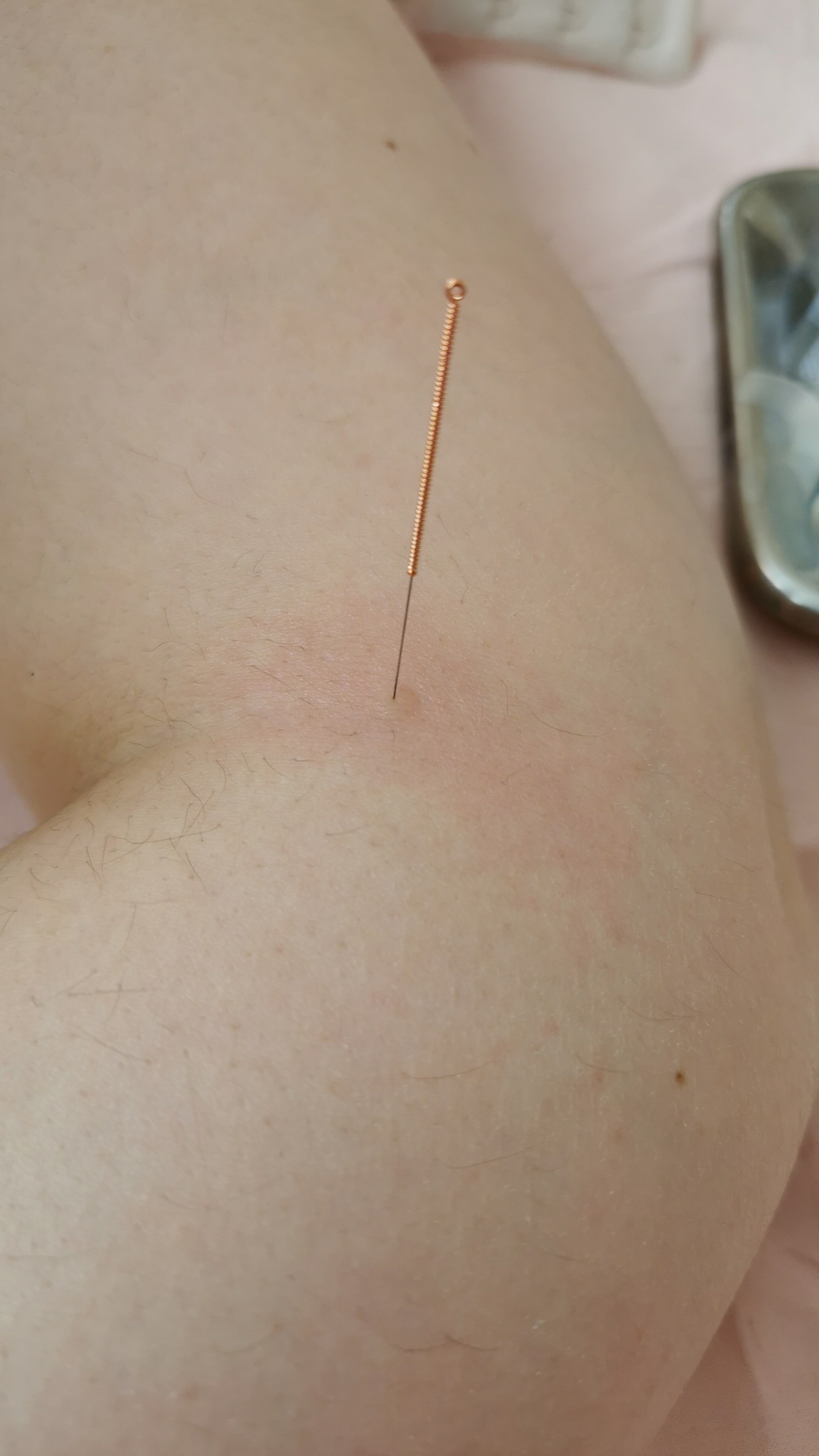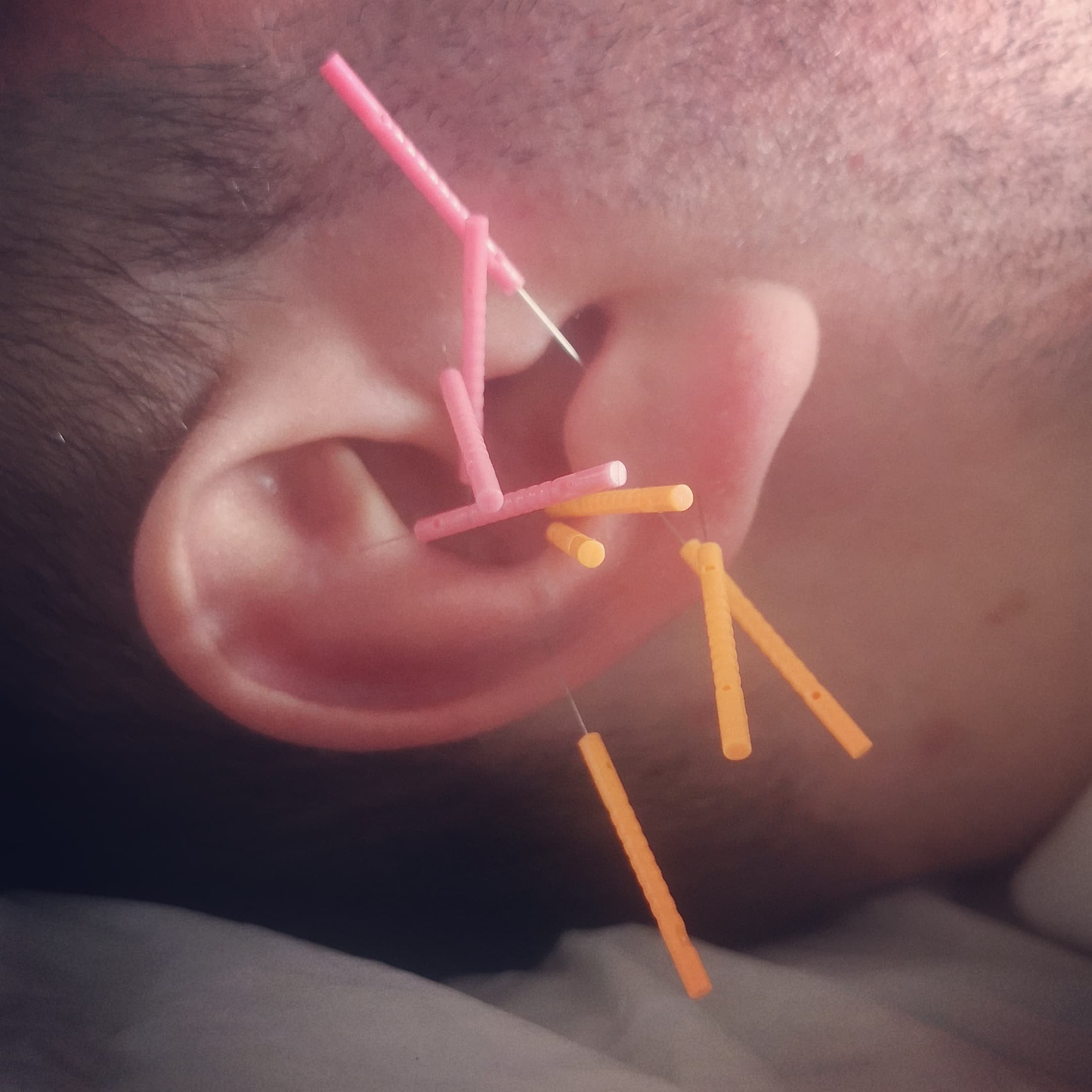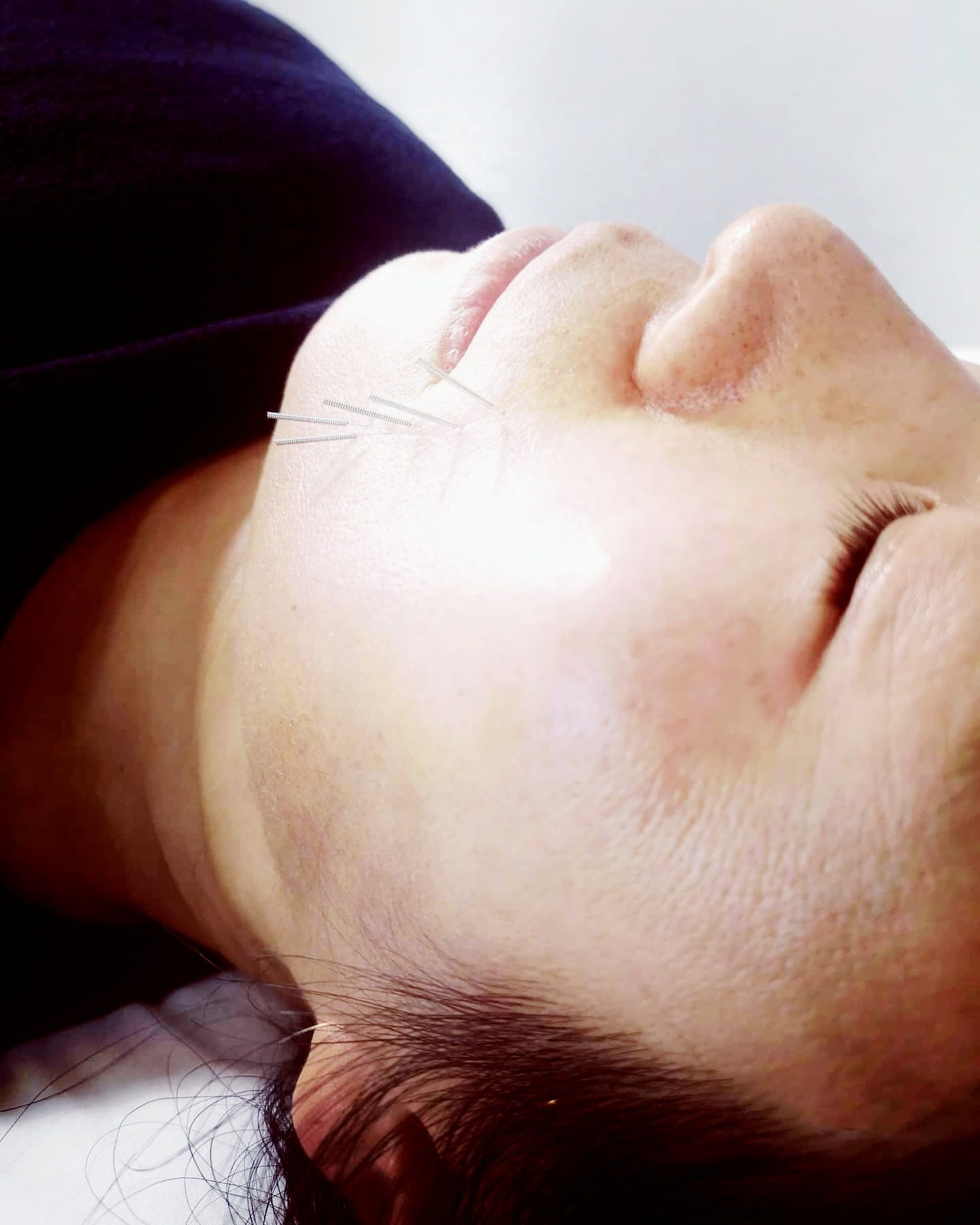
TCM Acupuncture
Traditionally used as a preventative medicine,
Acupuncture today is effective for both chronic and acute conditions.
Will I benefit from Acupuncture? Yes.
Yes – acupuncture has been used for thousands of years to safely and effectively treat a wide range of health conditions. It works by stimulating specific points on the body to restore the smooth flow of Qi (vital energy), reduce pain, and support the body’s natural healing processes.
Many people turn to acupuncture for help with pain, stress, digestive issues, hormonal imbalance, fatigue, and much more. It can also be used as a powerful preventative therapy to keep the body in balance and maintain long-term wellbeing. You don’t need a Western medical diagnosis to benefit—acupuncture treats the whole person, not just the symptoms.
The WHO work alongside policy makers and advisors ‘to ensure the highest attainable level of health for all people’. And based on their research you can click the link to find out what the WHO recommends Acupuncture to treat The World Health Organisation recommends acupuncture for over 100 conditions - Holistic Health Oxford | Acupuncture and Chinese herbal medicine in Oxford (holistic-health.org.uk)
How does Acupuncture work?
Acupuncture is one of the key modalities of Chinese Medicine. It involves the insertion of sterile, ultra-fine needles into specific acupuncture points located along meridians—pathways that run throughout the body, from head to toe. Each point has its own unique function, and the combination used is tailored to each individual based on their specific needs.
The goal of acupuncture is to support the smooth flow of Qi, blood, lymph, and other vital substances throughout the body. This continuous flow is essential for nourishing the organs, maintaining internal balance, and promoting healing. When this flow is disrupted—whether through blockages, deficiencies, or stagnation—it can lead to pain, illness, or dysfunction. Acupuncture works to restore balance, remove obstructions, and encourage the body’s natural healing response.
What does Acupuncture treat?
TCM Acupuncture treats imbalances and targets blockages, or deficiencies, found within the fascia, organs or channels. The aim is to restore the flow of Qi.
Acupuncture is commonly used to treat pain, ease headaches, digestive complaints and sleeping issues, balancing emotions through the regulating and kick starting of our natural healing abilities, whilst strengthening our natural defence against disease.
Please click the link to be redirected to the NICE Guidelines, which recommends Acupuncture for chronic pain. Recommendations | Chronic pain (primary and secondary) in over 16s: assessment of all chronic pain and management of chronic primary pain | Guidance | NICE
How will I feel after my Acupuncture session?
After your Acupuncture session you can either feel energised or relaxed. This is due to the wide range of complexities found within the body, which Acupuncture can treat. However, most people report a feeling of calm, which can extend through to the evening, improving the quality of your sleep.
What should I do before my Acupuncture session?
To help you get the most from your treatment, please take note of the following:
Eat Lightly: Ensure you’ve eaten a light meal or snack before your session. Treatments are most effective when the body is nourished.
Avoid Stimulants & Alcohol: Please avoid caffeine and alcohol for at least a few hours before and after your appointment to support optimal healing and integration.
What does an Acupuncture treatment involve?
Acupuncture consultations will discuss your current conditions and take note of your recent medical history. Questioning around your digestion, sleep habits, energy levels, emotions and other signs and symptoms will be asked to differentiate the exact Chinese Medicine patterns of disease.
Dependant on your exact concerns, your acupuncture session may include any of the following along side needling.
Cupping Therapy
Massage
Moxibustion
Guasha
